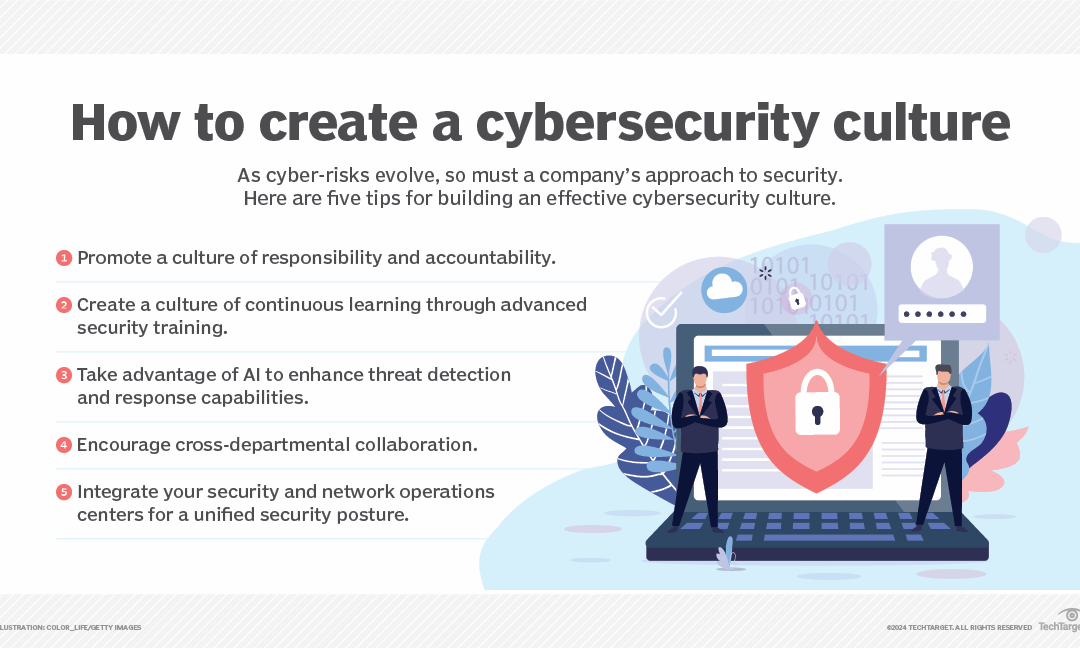This in-depth cybersecurity planning guide provides information and advice to help organizations develop a successful strategy...


This in-depth cybersecurity planning guide provides information and advice to help organizations develop a successful strategy...

While home health agencies face distinct health IT challenges, collaboration and innovation are crucial for overcoming these...

Understanding Managed IT Services What Are Managed IT Services? Managed IT Services For business are the comprehensive...

The umbrella term malware is one of the greatest cybersecurity threats enterprises face. Learn about 12 common types of malware...

Originally Published on TechTarget.com by Sharon Shea, Executive Editor and Alexander S. Gillis, Technical Writer and Editor...
In today’s tech-driven business environment, IT Service Management (ITSM) stands out as a key discipline. It ensures IT services not only support but also propel businesses forward. This strategic approach aligns IT services with overarching business goals, enhancing efficiency, innovation, and value.
ITSM involves a series of processes and practices aimed at optimizing the use of information technology within an organization. The goal is to align IT services with business needs and deliver value to users. ITSM covers a broad range of activities, from managing routine service requests and system outages to deploying new technologies and ensuring cybersecurity.
ITSM bases its approach on structured processes and continuous improvement. Frameworks like ITIL offer detailed practices for ITSM, focusing on aligning IT services with business needs. Other frameworks, such as COBIT and Lean IT, also enrich the ITSM landscape with their unique perspectives and tools.
IT Service Management (ITSM) includes essential processes such as service request management, incident and problem management, change management, and configuration management. These processes ensure efficient operation, quality service delivery, and risk mitigation.
Implementing ITSM can face challenges like resistance to change, integration complexities, and the need for continuous training. Overcoming these requires clear leadership, a well-defined vision, and a commitment to improvement.
Emerging trends like AI and the integration of ITSM with DevOps are reshaping ITSM. These innovations automate tasks, provide insights, and enhance collaborative service management.
IT Service Management (ITSM) is crucial for modern businesses, ensuring IT services align with and support business objectives. As the digital landscape evolves, ITSM’s role in driving business success will only grow. Adopting ITSM is about empowering the entire organization to thrive in the digital age.
Cybercriminals steal credit card? Cybercriminals have various methods at their disposal to hack and exploit credit...
This in-depth cybersecurity planning guide provides information and advice to help organizations develop a successful...
While home health agencies face distinct health IT challenges, collaboration and innovation are crucial for overcoming...